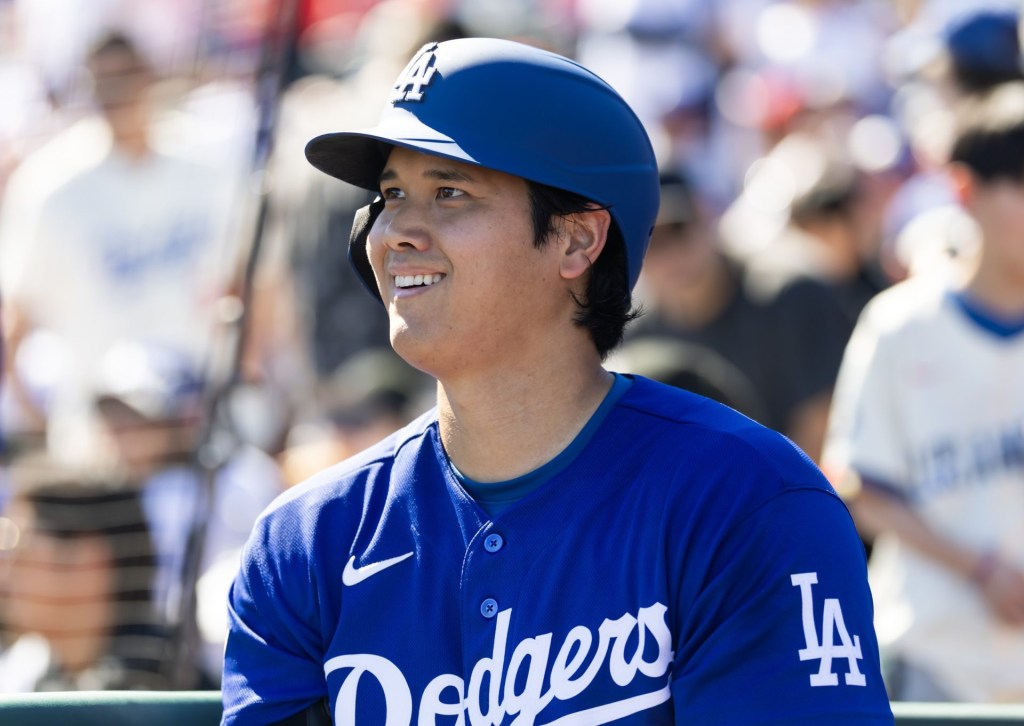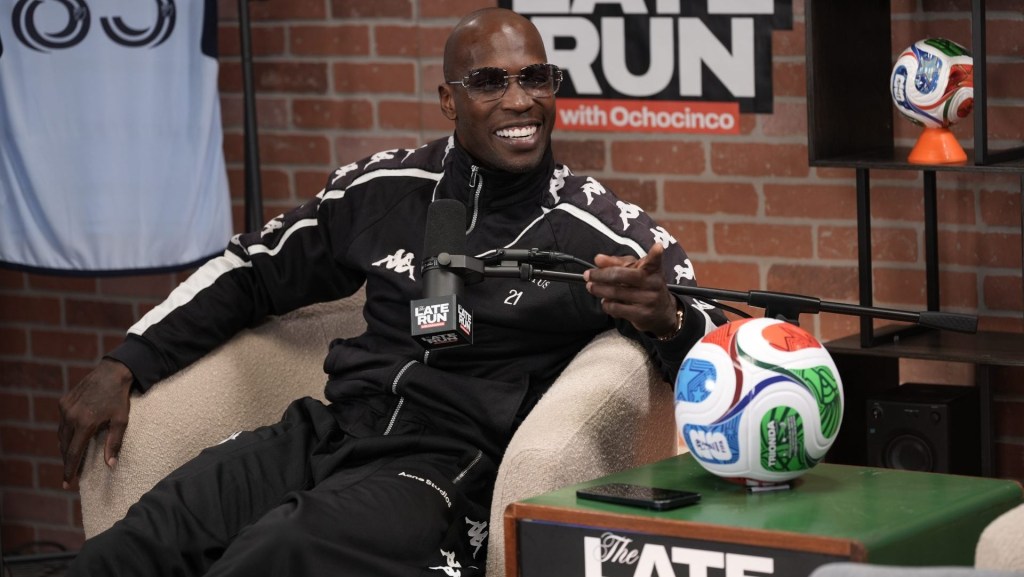On the heels of another sluggish quarter financially, a lagging stock, and rising pressure to retain the company’s NBA media rights, Warner Bros. Discovery president and CEO David Zaslav said he is now “hopeful” of keeping the coveted league content.
Speaking with analysts Thursday following the release of first-quarter earnings, Zaslav did not detail exactly where WBD stands in the ongoing NBA negotiations. But he confirmed the company’s existing rights to match rival offers and sought to strike a more optimistic tone.
“We are in continuing conversations with [the NBA] now and we are hopeful that we will be able to reach an agreement that makes sense for both sides,” Zaslav said. “We have had a lot of time to prepare for this negotiation and we have strategies in place for the various potential outcomes.”
The comment was Zaslav’s second public one this week about the league after he said Monday, “We love the NBA,” marking a particular reversal from a 2022 remark, “We don’t have to have the NBA.”
Comcast’s NBC Sports, which hasn’t held NBA rights since 2002, in particular is making an aggressive push to acquire rights to the league currently held by WBD’s TNT Sports.
Importance of the NBA
If WBD is able to keep its NBA rights in some fashion, it would almost certainly provide a meaningful lift to a company facing struggles in many areas of its operations, while losing them could amplify some of the broader issues as well as complicate future carriage discussions with cable and satellite operators.
Despite $86 million in adjusted earnings in its direct-to-consumer operations, following full-year profitability in 2023 from streaming, WBD missed analyst targets with top-line measures of $9.96 billion in revenue, down by 7% from the comparable period, and a net loss of $966 million.
WBD stock was essentially flat in early Thursday trading. Shares in WBD have fallen by more than two-thirds since April 2022, when Discovery, Inc. and AT&T Inc.’s WarnerMedia completed a landmark merger, and by one-third since January.
“These are challenging times for our industry, there’s no question,” Zaslav said. “But there isn’t a more exciting moment to be in this business. We’re continuing to do the hard work to transform our company.”
More Streaming Bundling
Already working with both ESPN and Fox on a sports-focused streaming alliance, WBD has also entered into an additional bundling agreement with ESPN’s parent, Disney, in which the Max streaming service will be offered in a joint subscription with Disney+ and Hulu. Pricing has yet to be finalized but will be set at a discount. The commercial-free versions of those services currently cost $48 per month combined.
The Disney-WBD pact is yet another sign of how some major media companies are now willing to collaborate while they face a business undergoing historic levels of change, and it also shows the degree to which they are fighting churn among streaming subscribers.
“We’ve been saying for the last two years that the consumer experience [in streaming] is a real challenge, and ultimately, you have to follow the consumer,” Zaslav said.
That said, the rise of streaming bundling and a maze of different pricing offers—by WBD, Disney, and others—could present ultimately a different level of confusion for consumers.
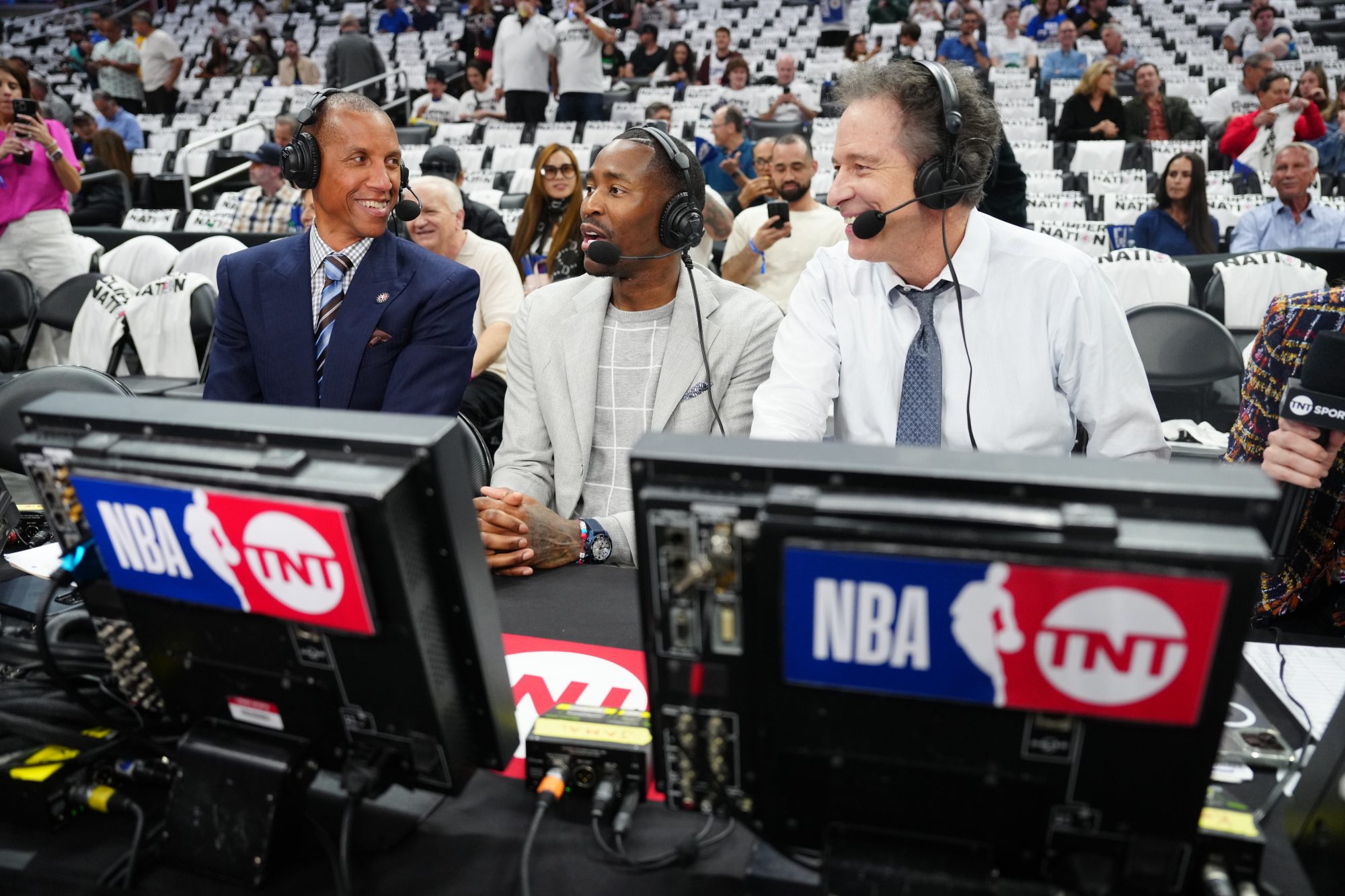
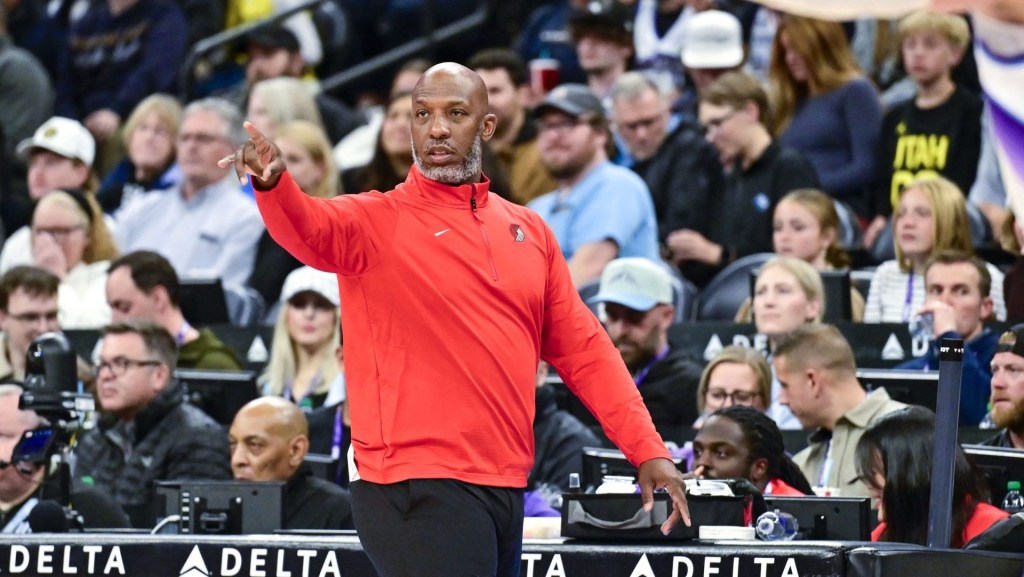

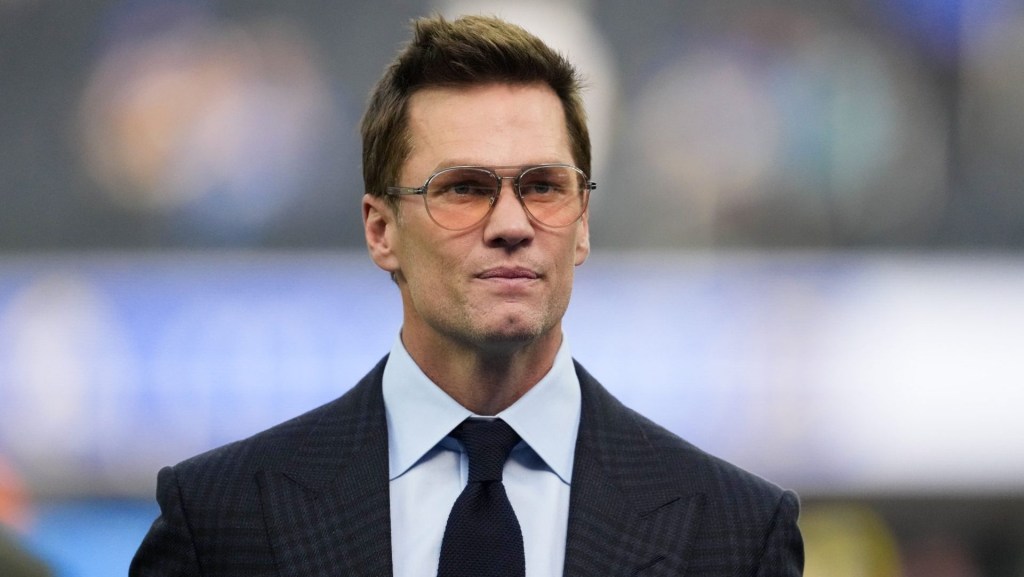
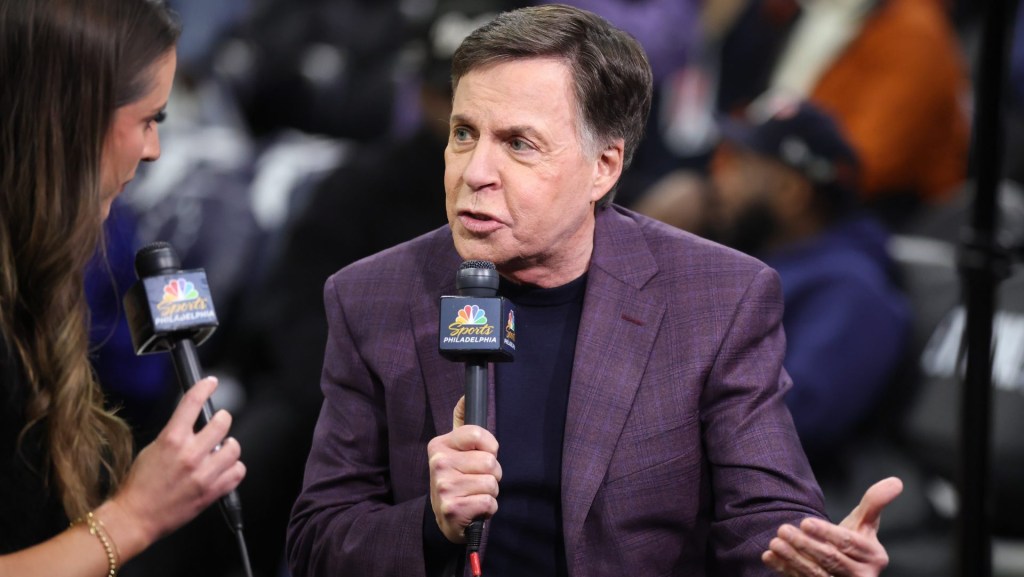


![[Subscription Customers Only] Jun 15, 2025; Seattle, Washington, USA; Botafogo owner John Textor inside the stadium before the match during a group stage match of the 2025 FIFA Club World Cup at Lumen Field.](https://frontofficesports.com/wp-content/uploads/2026/02/USATSI_26465842_168416386_lowres-scaled.jpg?quality=100&w=1024)
![[Subscription Customers Only] Jul 13, 2025; East Rutherford, New Jersey, USA; Chelsea FC midfielder Cole Palmer (10) celebrates winning the final of the 2025 FIFA Club World Cup at MetLife Stadium](https://frontofficesports.com/wp-content/uploads/2026/02/USATSI_26636703-scaled-e1770932227605.jpg?quality=100&w=1024)
